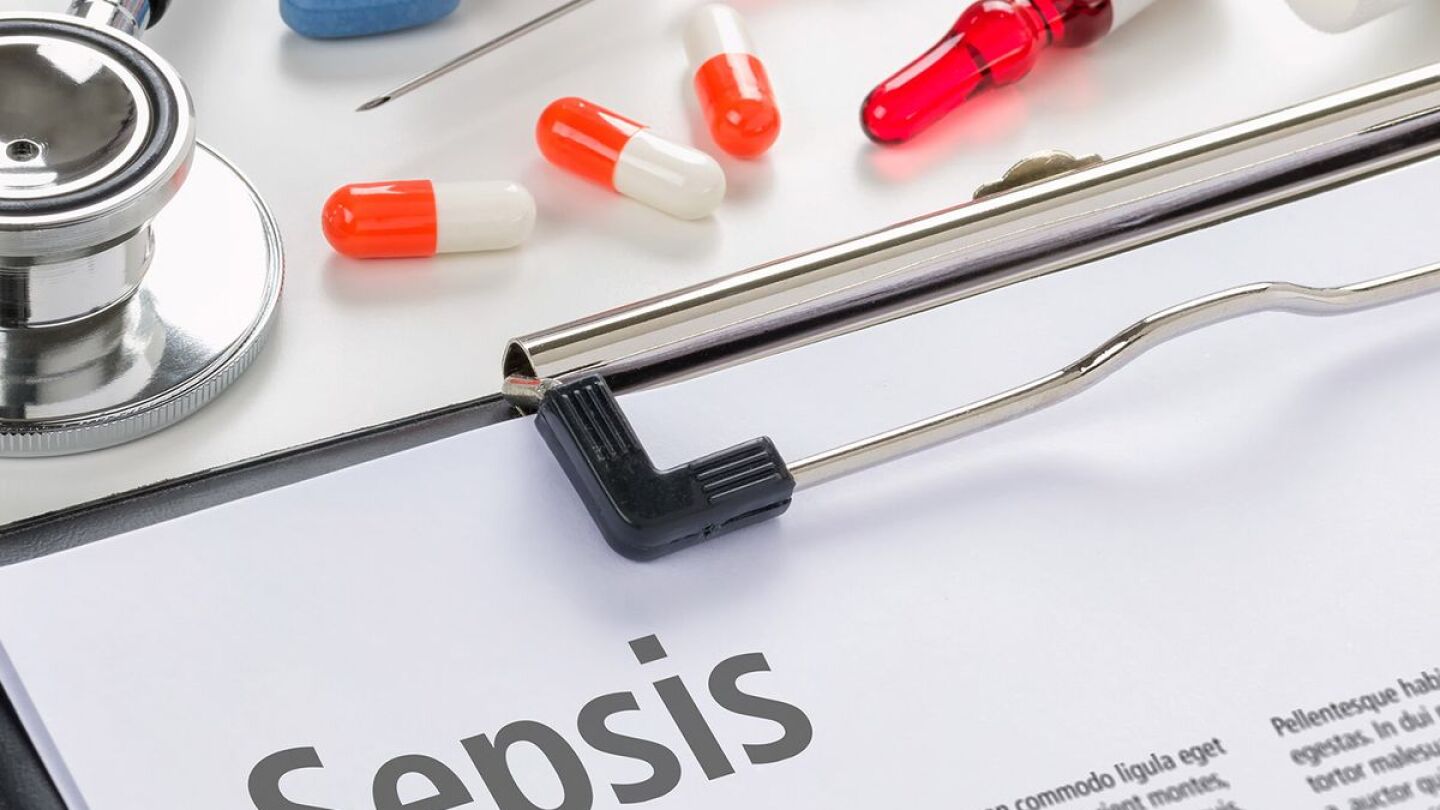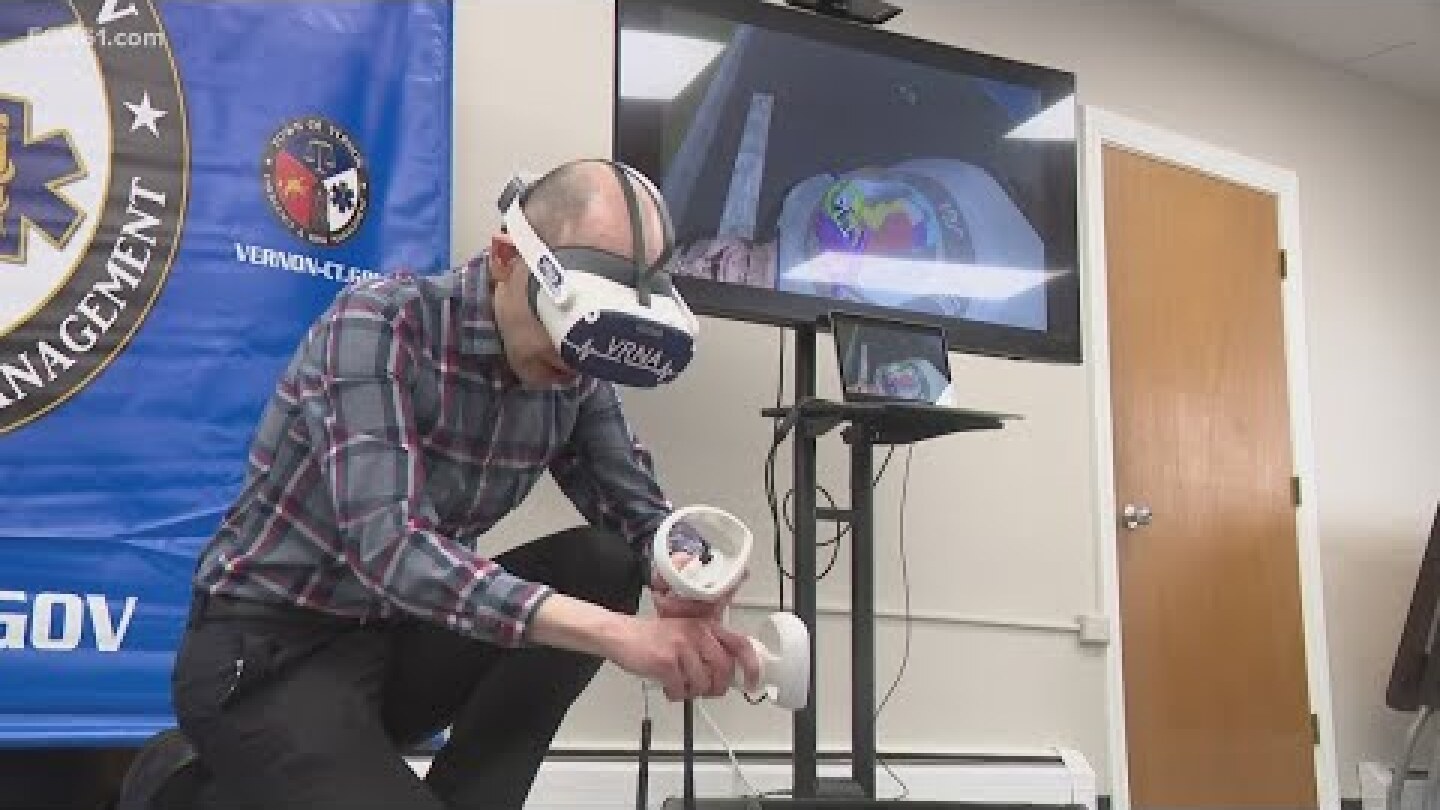EMS Training and Education
Your go-to resource for evidence-based EMS training, continuing education, instructor development and industry innovation. Find expert articles, videos, product reviews and specialized resources to support EMTs, paramedics, medical directors and educators. Stay current on instructor best practices, CEU requirements, virtual training trends, simulation strategies and educational policy affecting prehospital care.
EMS Training and Education Resources
Practical, authentic ways to show gratitude and strengthen community ties with the people who respond first when it matters most
5 tips to quickly find a patient’s radial pulse for vital sign assessment
Educating patients at the highest risk for suffering a fatal overdose
Design your training scenario to include increasingly complicated sepsis symptoms to test EMS providers’ differential diagnosis skills
Learn what to look for, including inverted/retrograde P-waves
Is this role expansion or a mission gone sideways?
Cover how to identify drug abuse vs. an opioid overdose, as well as drug administration routes and potential complications
Torin Slaughter is raising money to install about 100 Stop the Bleed kits at Case High School
Mayor Eric Adams signed legislation requiring protection and training for FDNY EMS personnel
What is your organization doing to enhance medics’ mathematical skills in the field?
In a concise one-hour course, participants will learn three essential steps to control bleeding
Both sinus arrests and sinus exit blocks are characterized by an irregular rhythm associated with pauses; which is it?
Former state trooper helps MHS students become comfortable with law enforcement
How to learn and understand the medications paramedics administer
Lessons learned from implementation of a telestroke program
Paying attention to common eponyms discovered during a patient assessment and their associated pathology can identify a patient’s most critical needs
Students at Respond Right EMS Academy had just learned about seizures when hours later, their instructor began convulsing, leading them to put their newly learned skills to the test
The training system provides a variety of simulations for first responders, such as heart attacks, burns, childbirth, lacerations, broken bones and overdoses
Steve Whitehead shares the most important number on your cardiac monitor
Santa Fe Community College begins program to help increase specialized care throughout the state
Boulder Valley students work on EMT certification while interning with a fire department
The program takes its name from the first-ever ambulance service composed of primarily Black paramedics
Survivors, now adults, rely on counseling to cope with trauma of the shooting 25 years ago
Live at FDIC, Better Every Shift cohost Aaron Zamzow is capturing attendees improvement strategies
Chicopee students are partnered with a local ambulance company to have certification by graduation
The Adam Finseth Memorial Scholarship will be awarded to students majoring in the Emergency Medicine Paramedic or Emergency Medicine Technology programs
Like a ripple effect, one mistake or incorrect assumption can lead to increased negative outcomes for the patient
Eliminate EKG rhythms until there is only one probable interpretation
The bag-valve-mask can save your patient’s life; ensure you’re using it properly with these tools
How do you know you’re getting just the right amount of air into just the right place?
Lincoln Fire & Rescue hosted a Resuscitation Academy workshop for cardiac arrest training
Missoula’s Crisis Intervention Team training is based on actual incidents and focuses on communication, inter-agency networking
Since the COVID-19 pandemic, Twin Cities hospitals have cut training opportunities
Use SAMPLE history to assess the patient’s complaint and make treatment decisions
Help students get the most out of patient assessment scenarios and high-fidelity simulations with these debriefing tips
Consider adding these often-encountered patients to your EMT or paramedic class’s patient assessment drills or high-fidelity patient simulations





































